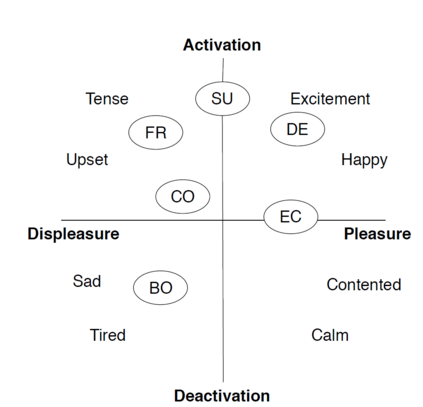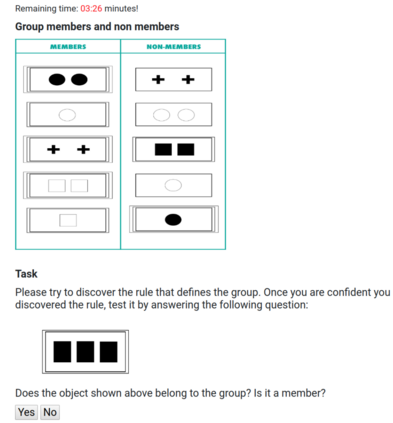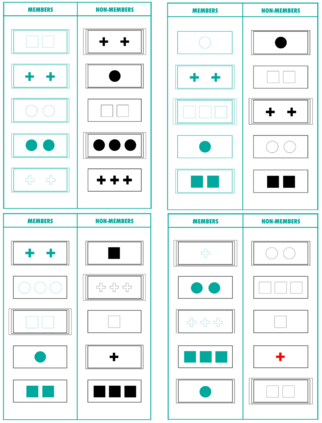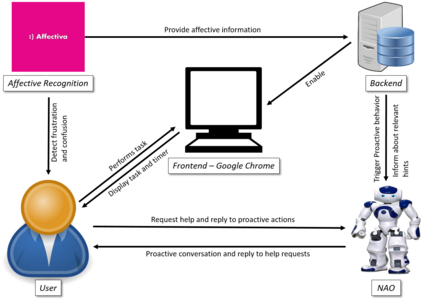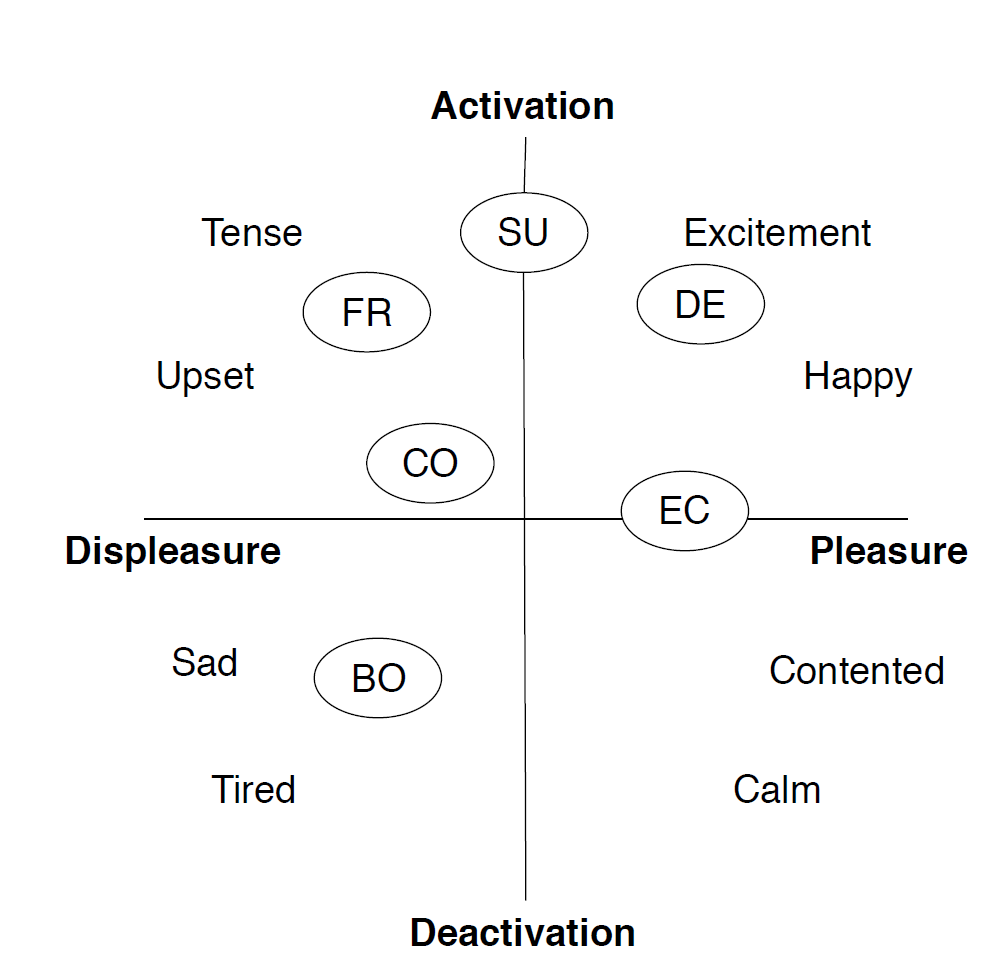Using robots in educational contexts has already shown to be beneficial for a student's learning and social behaviour. For levitating them to the next level of providing more effective and human-like tutoring, the ability to adapt to the user and to express proactivity is fundamental. By acting proactively, intelligent robotic tutors anticipate possible situations where problems for the student may arise and act in advance for preventing negative outcomes. Still, the decisions of when and how to behave proactively are open questions. Therefore, this paper deals with the investigation of how the student's cognitive-affective states can be used by a robotic tutor for triggering proactive tutoring dialogue. In doing so, it is aimed to improve the learning experience. For this reason, a concept learning task scenario was observed where a robotic assistant proactively helped when negative user states were detected. In a learning task, the user's states of frustration and confusion were deemed to have negative effects on the outcome of the task and were used to trigger proactive behaviour. In an empirical user study with 40 undergraduate and doctoral students, we studied whether the initiation of proactive behaviour after the detection of signs of confusion and frustration improves the student's concentration and trust in the agent. Additionally, we investigated which level of proactive dialogue is useful for promoting the student's concentration and trust. The results show that high proactive behaviour harms trust, especially when triggered during negative cognitive-affective states but contributes to keeping the student focused on the task when triggered in these states. Based on our study results, we further discuss future steps for improving the proactive assistance of robotic tutoring systems.
翻译:在教育环境中使用机器人已经表明有利于学生的学习和社会行为。为了将机器人提升到提供更有效和更人性化的辅导的下一个层次,必须具备适应用户和表达主动性的能力。智能机器人辅导员通过积极主动地采取行动,预测学生可能遇到问题的情况,并预先采取行动防止负面结果。然而,决定何时和如何积极主动地行事是开放的问题。因此,本文件涉及如何调查学生的认知积极性国家如何被一个机器人辅导员用来启动积极主动的辅导对话。这样做的目的是改善学习经验。为此,观察到一个概念学习任务情景,即机器人助理在发现负用户状态时主动帮助。在学习任务中,用户的沮丧和混乱状态被认为对任务的结果有负面影响,并被用来激发积极的行为。在对40个本科生和博士生进行的经验性用户研究中,我们研究在发现混乱和挫折性迹象后是否开始主动行为,我们研究如何提高学生的学习经验。在研究过程中,如何提高学生的注意力和信任度,如何提高学生的高度信任度。

